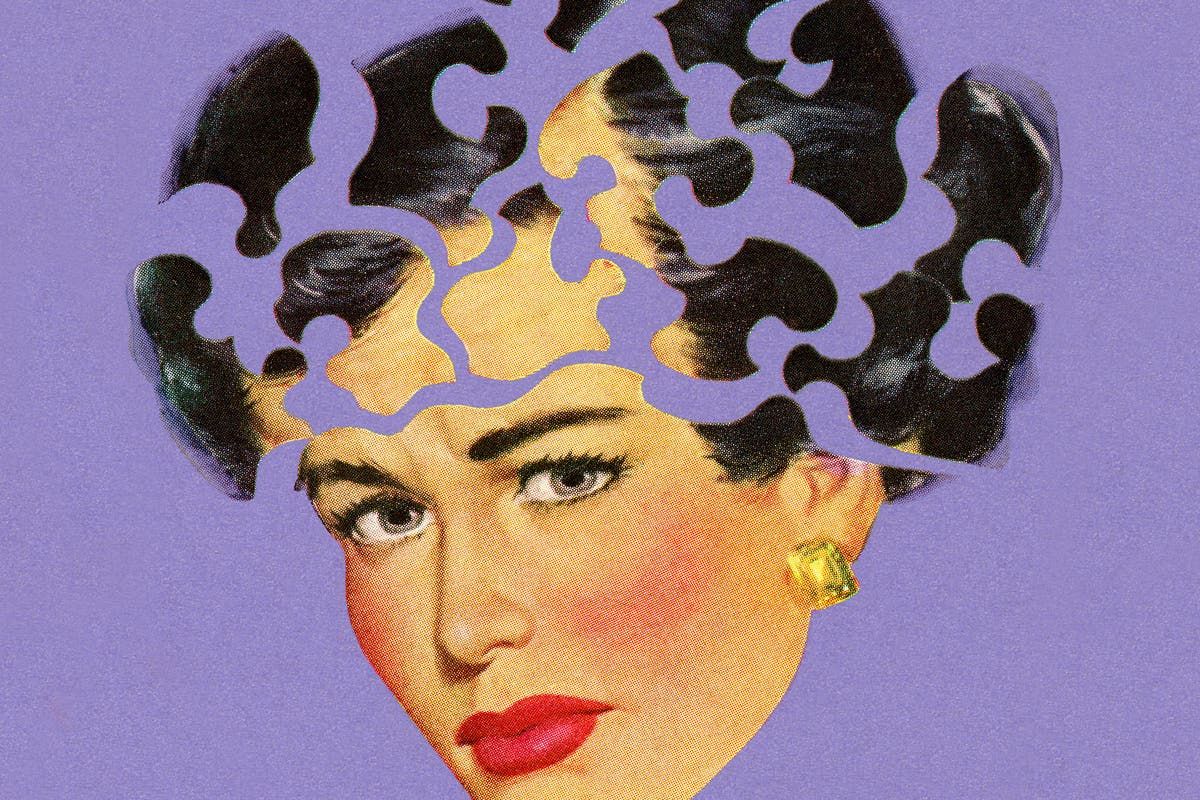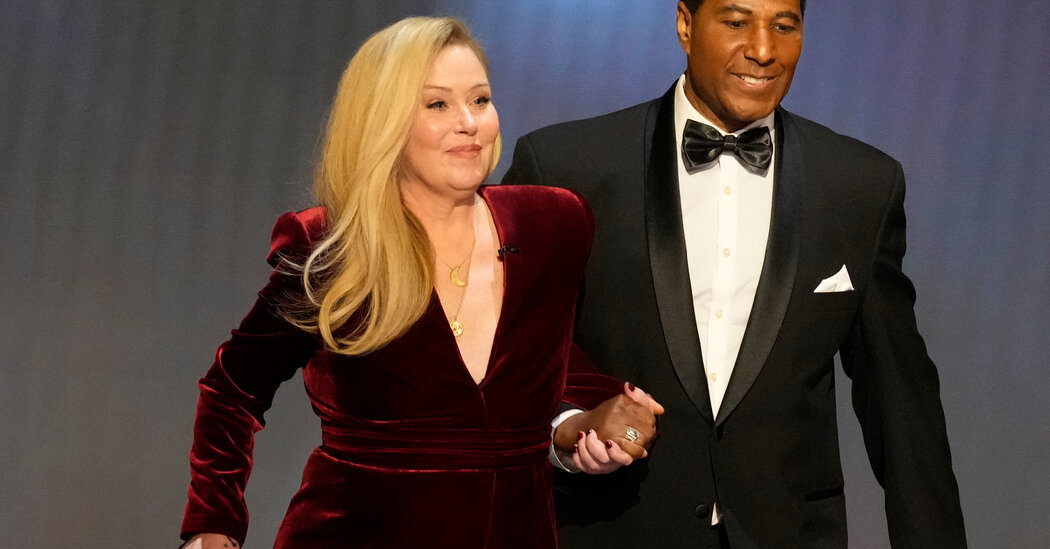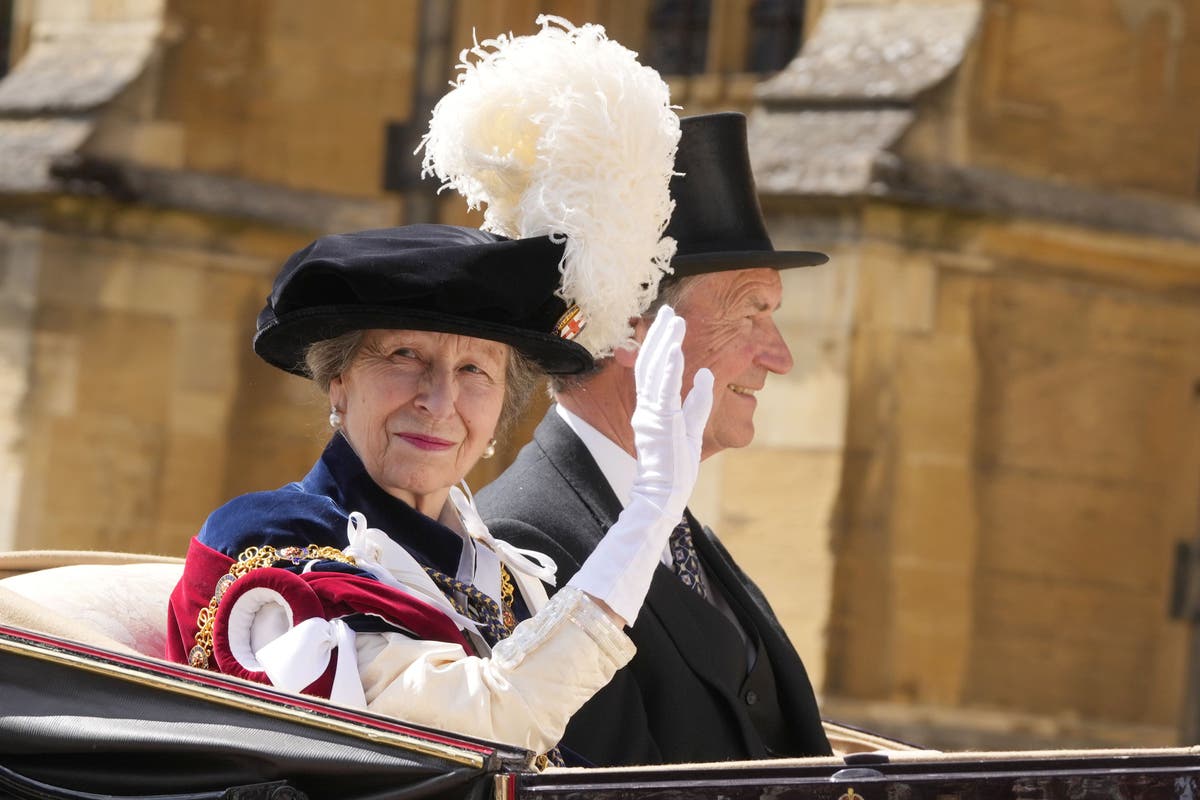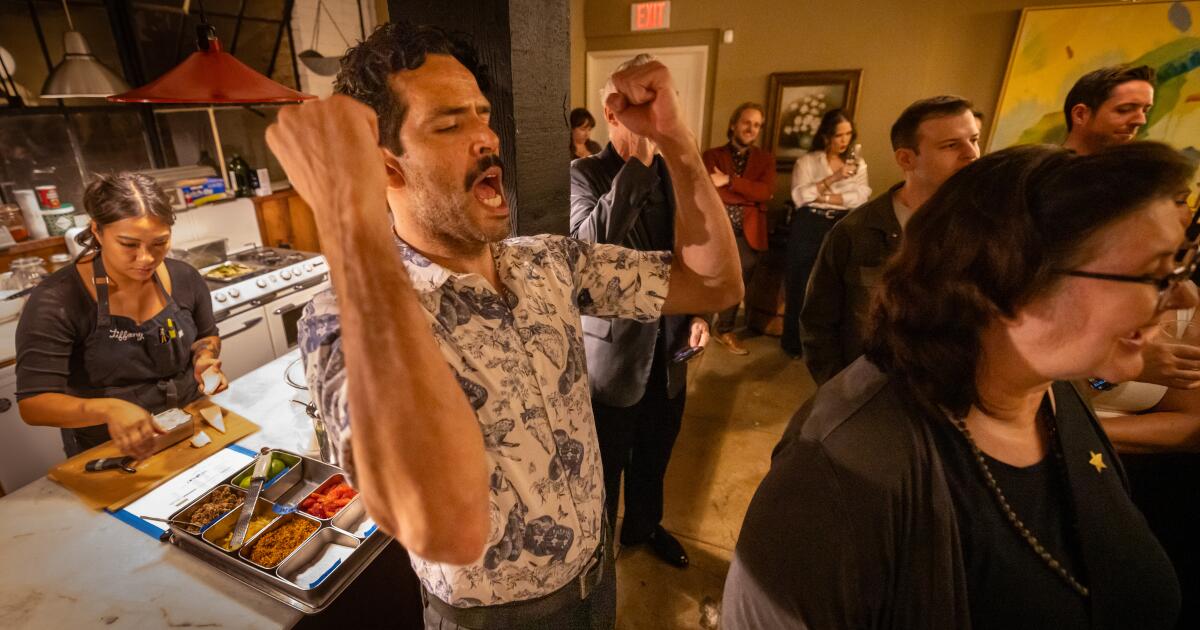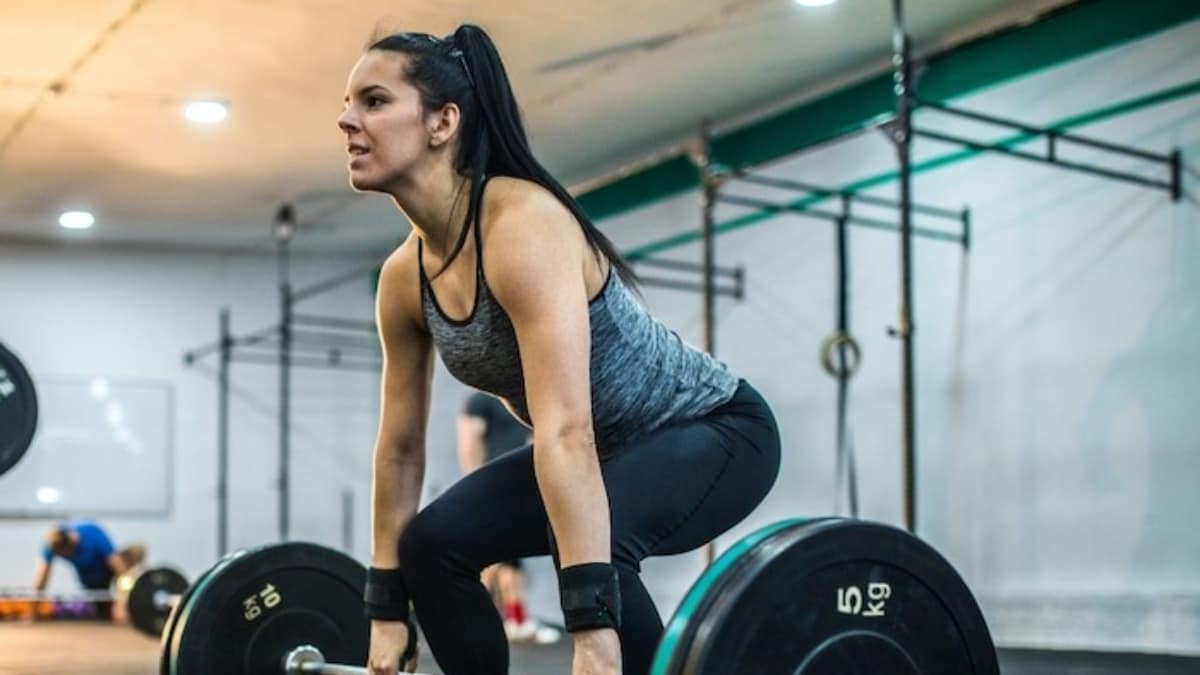Your support helps us tell the story.
In my reporting on women's reproductive rights, I have witnessed the critical role that independent journalism plays in protecting freedoms and informing the public.
Your support allows us to keep these vital issues under the spotlight. Without your help, we would not be able to fight for truth and justice.
Every contribution ensures that we can continue reporting on the stories that impact lives.
Kelly Rissman
US News Reporter
FFor Maria*, 37, the feeling starts when she’s too close to strangers. “I was recently at a very crowded networking event and the air felt so thick and stuffy that I could barely hear anyone,” she recalls. “After a while, I couldn’t really breathe because they were so close to me.” After a few minutes, the panic had become too much. So she left. “I was too focused on what germs might be circulating.”
Maria avoids hugging and shaking hands, has stopped drinking and eating meat and refuses to be around smokers. She also tries not to meet people in closed spaces. Maria is one of many people who suffer from health anxiety, a condition formally known as hypochondria, which describes those who have a persistent fear of being or becoming ill. According to the NHS, symptoms can include constantly worrying about one’s health, frequently checking one’s body for signs of illness and obsessively looking at health information on the internet. It can be debilitating and, in cases of intrusive thoughts, may be linked to obsessive-compulsive disorder (OCD).
It’s something I’ve experienced a lot myself. What started out as a minor fixation on ailments, like coughs and bruises, has, as I’ve gotten older, become something that can consume my daily life. A single headache can become the source of a health problem that dominates several hours of my day, while a new mole can send me diving down an internet rabbit hole about the causes and treatments of skin cancer. Likewise, hearing or reading about a young person suddenly dying from some kind of unexpected, rare disease will have me convincing myself that I’m next.
There are few studies on the prevalence of health anxiety, given the difficulty in determining and diagnosing it, and it doesn’t help that hypochondriacs have a history of being scorned, ridiculed, and belittled. The American Psychiatric Association only formally recognized the condition in 2013, when it called it “illness anxiety disorder.” But it’s something that should be taken seriously, particularly in light of a recent Swedish study that found that people with illness anxiety disorder may die earlier than others.
With the flood of health information available on the internet and countless viral TikToks about the “warning signs” of any disease, it’s no wonder experts believe health anxiety is on the rise. And it’s especially prevalent among young people, who are more active on the internet. There also seems to be a flood of reports about young people’s worsening health. Cancer diagnoses in people under 50, for example, have risen 24 percent in two decades, and statistics like these obviously exacerbate underlying fears.
“The internet and social media have made a huge amount of medical information (and misinformation) easily accessible,” says Dr Louise Goddard-Crawley, a psychologist specialising in health-related anxiety. “While this can empower people to take charge of their health, it also exposes them to worst-case scenarios, leading to increased fear of minor symptoms.”
This was the case for Emma Last, 49, founder of Progressive Minds, an organisation specialising in workplace wellbeing. “I found a lump in my breast, which turned out to be a cyst, but waiting for the result was the longest week of my life,” she recalls. “I kept thinking about all the ‘what ifs’ and had written letters in my head to my children in case the worst happened. I had even planned my funeral during a car journey.”
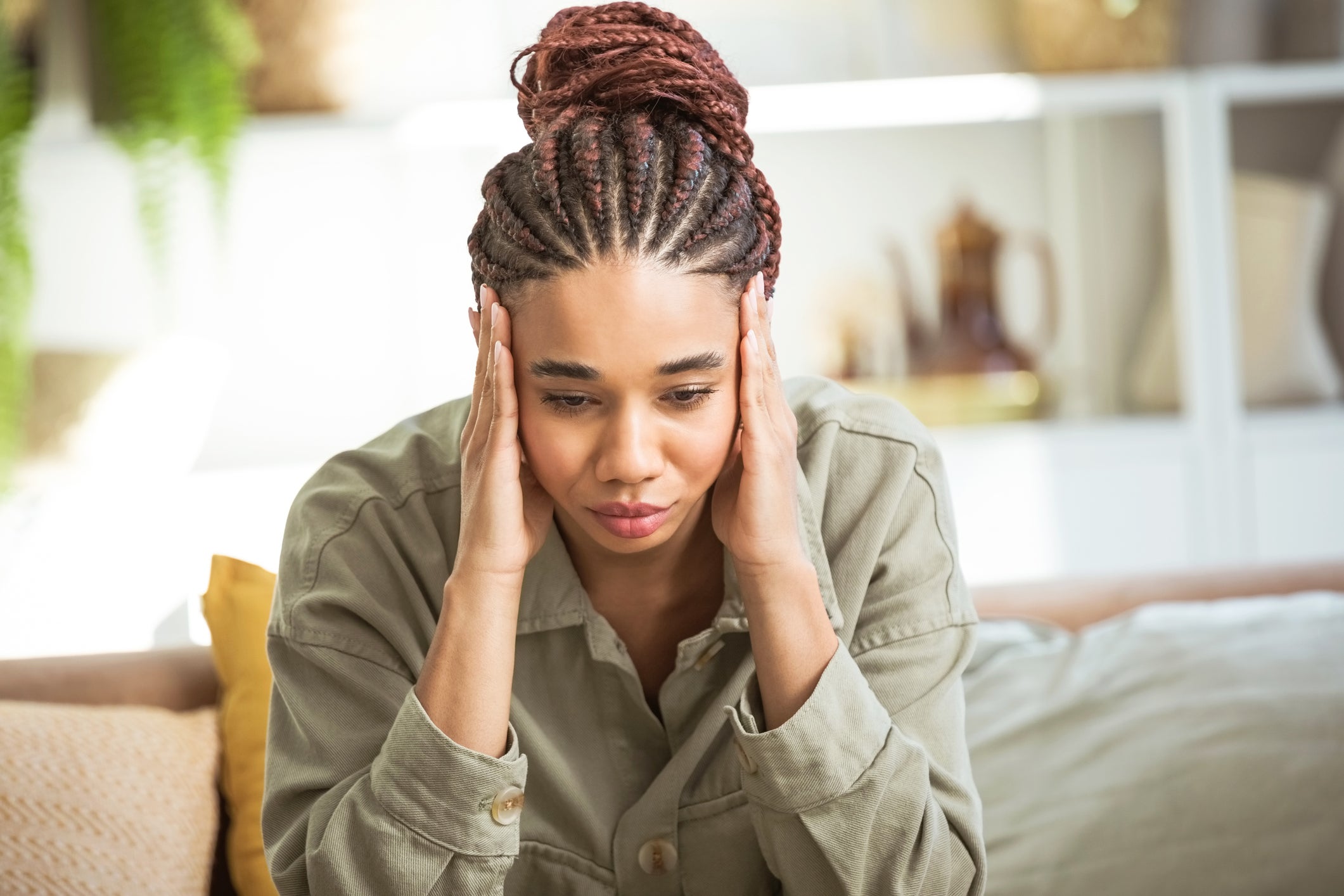
It may not help that there has been a heightened awareness of wellness in recent years. What started as an interest in healthy eating can easily spiral into something more obsessive, fueled by the rise of clean eating influencers promoting the benefits of chia seeds and superfood powders.
“Constant reminders to eat healthy, exercise and avoid stress can make people overly vigilant about their health,” adds Dr. Goddard-Crawley. “This hyper-awareness can lead to worry about potential illness, even when the risk is low.”
The rise of wellness technology has also been a drag: products designed to help people monitor their health can easily become a gateway to serious health anxiety. “Health-tracking technologies, such as wearables and apps, can be beneficial in promoting wellbeing, but they can also encourage an obsessive focus on bodily functions, such as heart rate or sleep patterns, turning normal fluctuations into sources of anxiety,” says Dr Goddard-Crawley.
People who have seen others suffer may become hyper-conscious of their own health, fearing they might experience something similar.
Dr Louise Goddard-Crawley, psychologist
There are also wider sociological and environmental factors at play. For some, the climate crisis is a harbinger of catastrophe, a feeling that can easily spill over into panic about our own mortality: according to a YouGov survey, 67 per cent of Britons are worried about climate change. “Health anxiety is often correlated with environmental health and rightly so,” says Susie Masterson, a psychotherapist. “Consider the state of air pollution and the rise in asthma diagnoses in the UK.” In this context, it is hard not to point to the tragic loss of nine-year-old Ella Adoo-Kissi-Debrah, whose fatal asthma attack became the first death in which air pollution was officially recognised as a factor.
Of course, there was also the pandemic. “The constant bombardment of information about the virus, coupled with the reality of a highly contagious and sometimes deadly disease, created widespread fear,” says Dr. Goddard-Crawley. “People were encouraged to constantly monitor themselves for symptoms, which heightened attention to bodily sensations and potential signs of illness.” Spending so much time away from social settings during the various lockdowns made all this worse, as did the loss of family members to the disease. “People who have seen others suffer can become hyper-aware of their own health, fearing that they might experience something similar,” adds Dr. Goddard-Crawley.
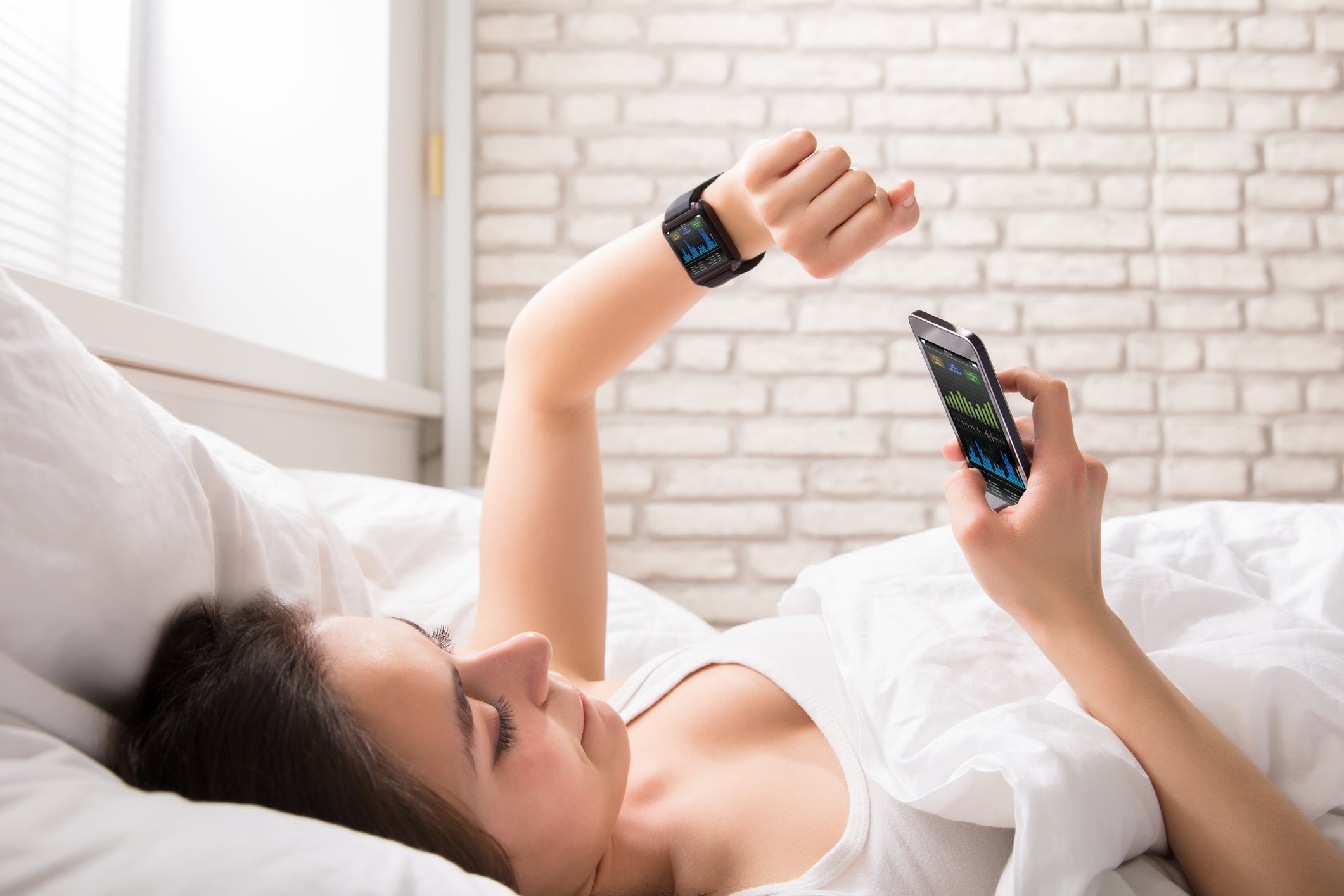
The irony of it all is that, more often than not, the more anxious you are about your health, the more likely your health is to become worse. “One woman I know had deep-rooted health anxiety because her father died of lung cancer at the age of 39, just two weeks after being diagnosed,” says Dr Goddard-Crawley. “She developed a persistent fear of meeting the same fate and, in her twenties and after experiencing chest pains following heat stroke, became convinced that she too had lung cancer.” She underwent a series of tests, all of which revealed that there was nothing physically wrong. But her anxiety worsened during the pandemic. “It became so overwhelming that she was too afraid to have children. Even seemingly minor events, such as getting her ears pierced, triggered extreme health fears – in this case, she became convinced that she had sepsis, which led to suicidal thoughts.”
There are ways to deal with health anxiety, as long as you can recognize what’s worrying you. The first important tip? Avoid online diagnoses. “They will only make you more anxious,” says Dr. Goddard-Crawley. “Instead, seek advice from a health professional. Work on recognizing and challenging unhelpful thinking patterns, such as jumping to conclusions about your health, and instead of obsessing about possible illnesses, focus on maintaining a healthy lifestyle. Regular exercise, a balanced diet, and adequate sleep can improve both physical and mental health.” Professional help can also be a big help, especially if you find a therapist who specializes in health anxiety.
Everyone deals with their health anxiety differently. For me, I try to focus on living as healthy a lifestyle as possible and not get caught up in a catastrophic spiral of self-diagnosis every time I feel a new ache or pain. This is easier said than done. But in general, practicing mindfulness techniques like yoga and noticing when I start having these thoughts and immediately telling myself to control them usually helps. As long as I don't use Google, of course.
*The name has been changed

